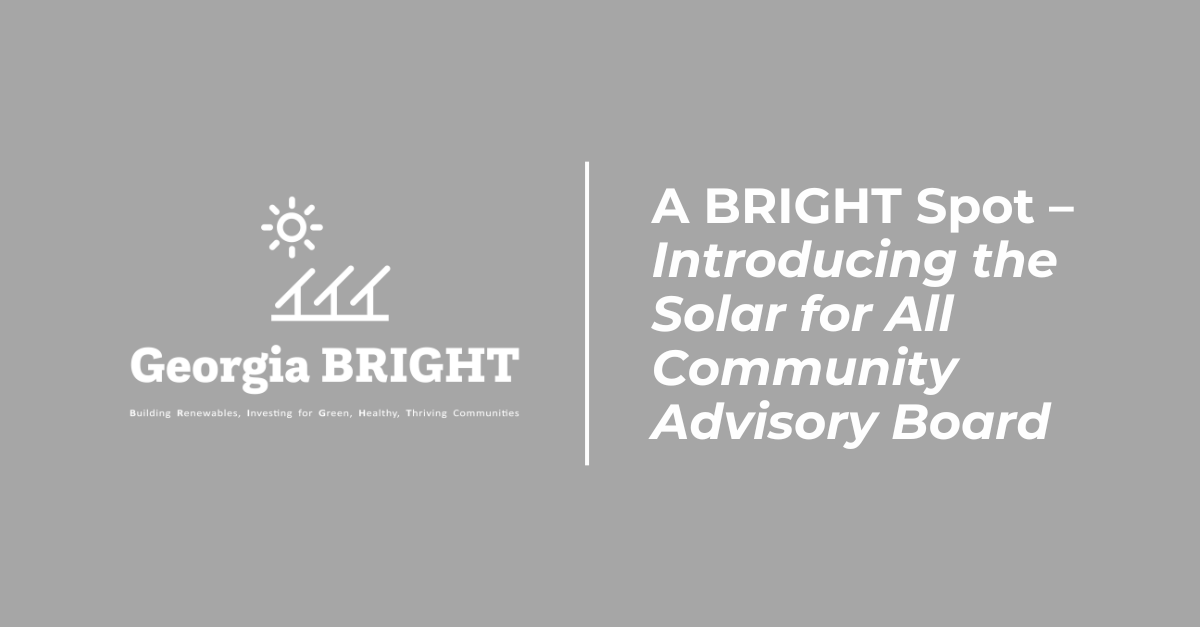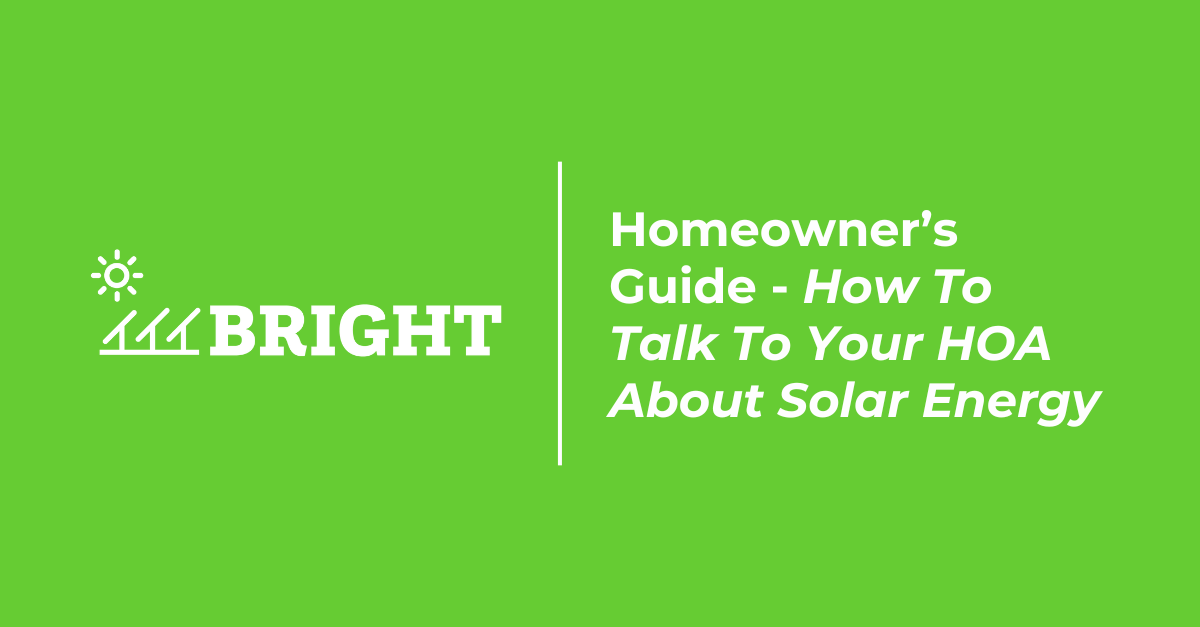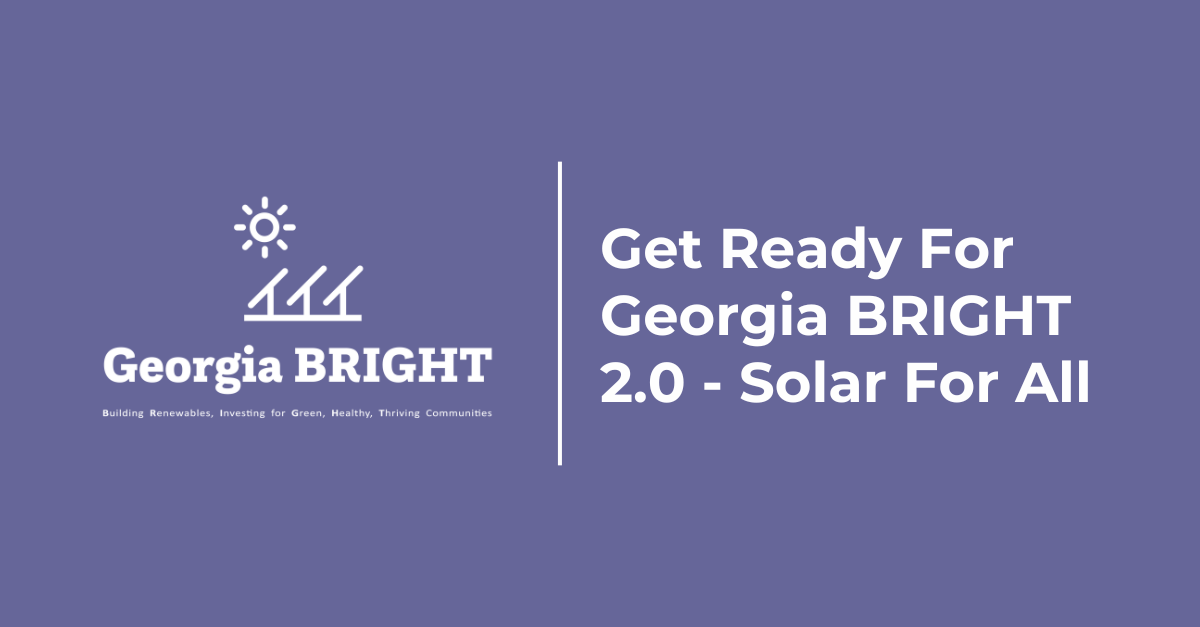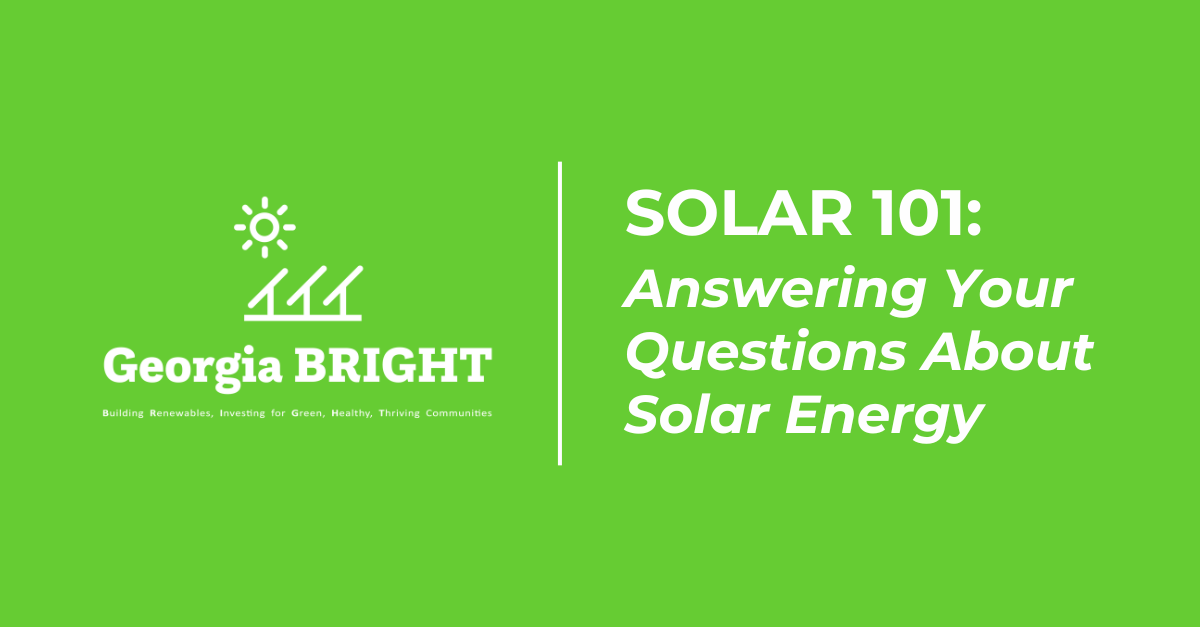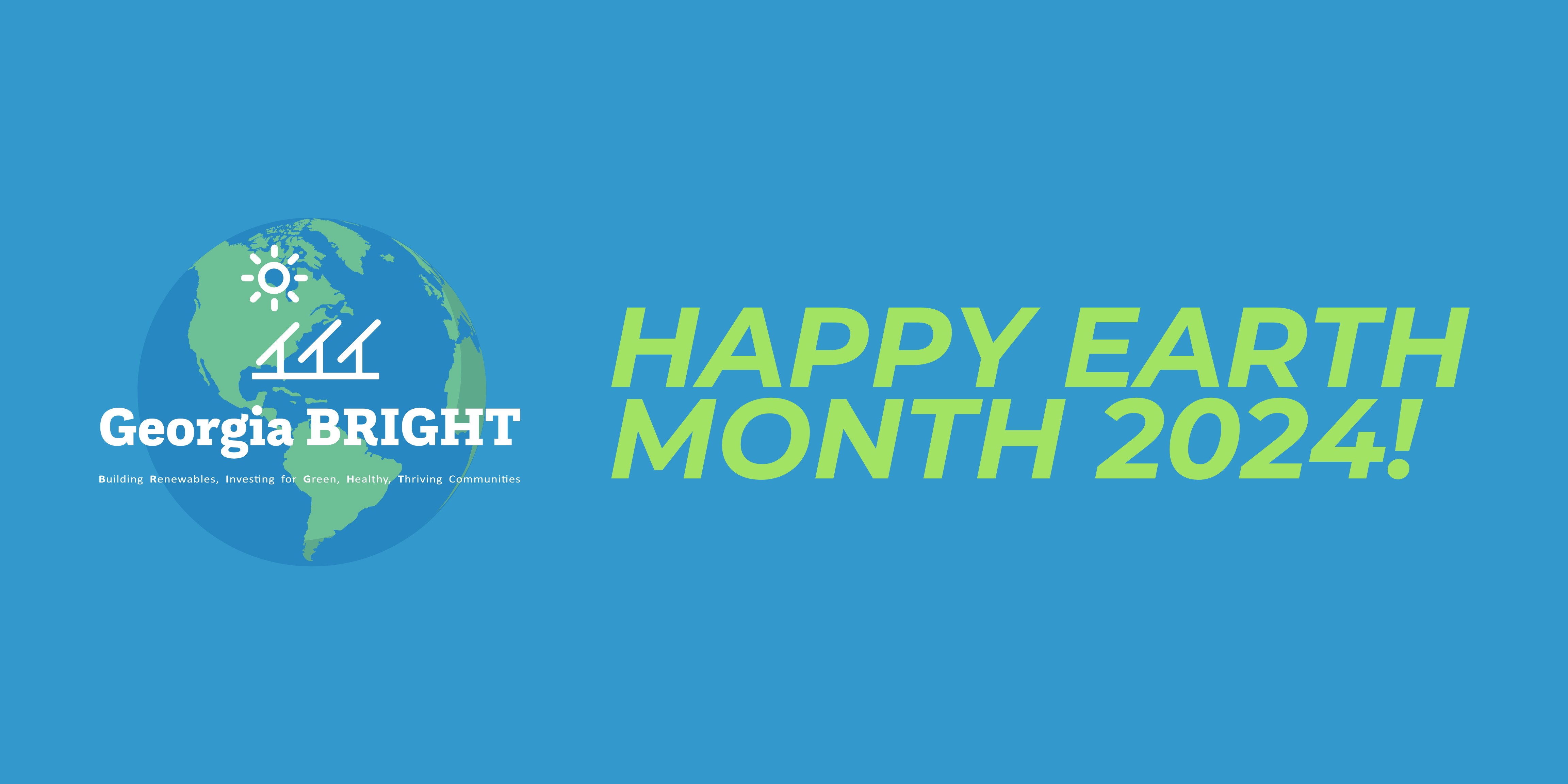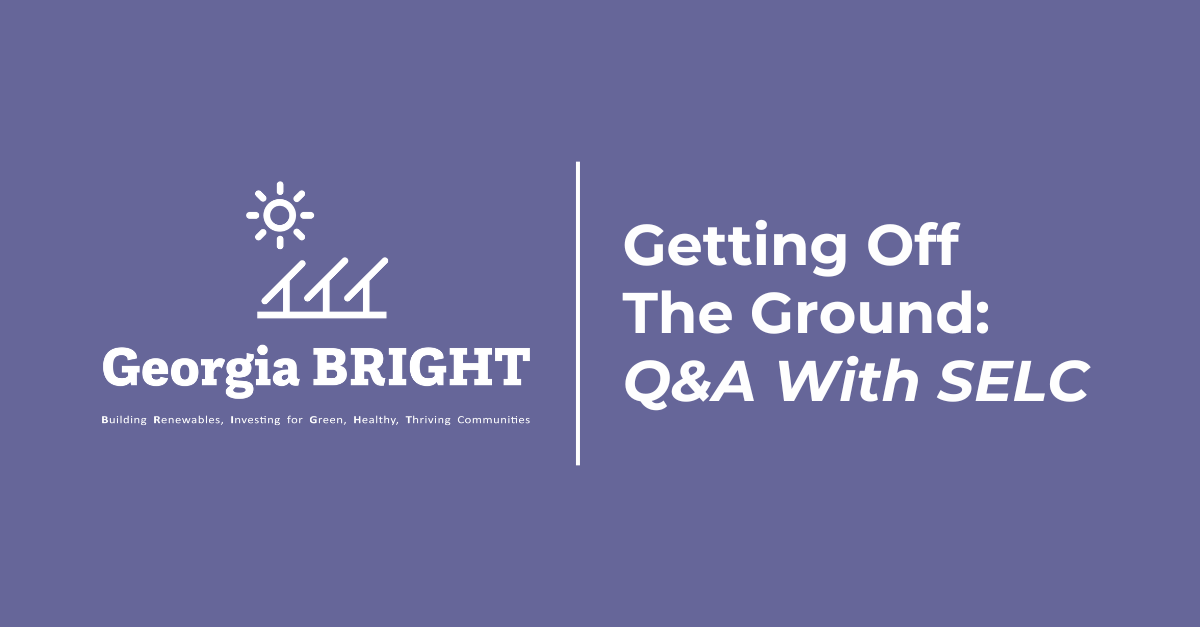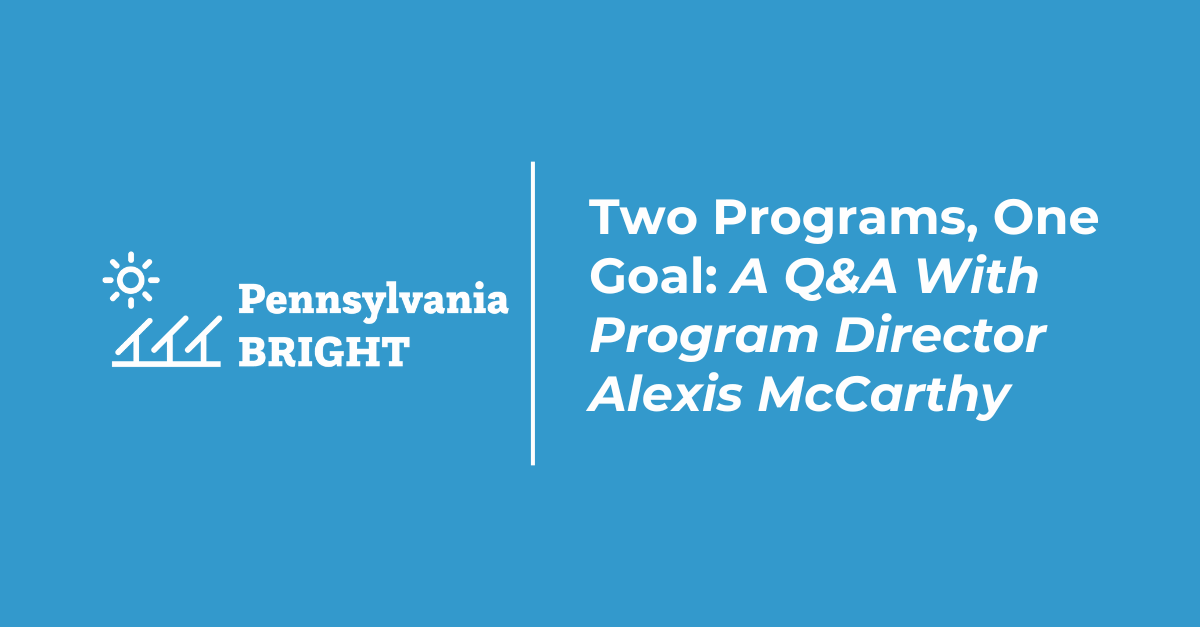Fuel costs are a real concern for older Americans. A 2024 study found seniors ages 60 and up in the United States carry a higher energy burden than other age groups, and that burden is even worse for low-income seniors, who may be living on a fixed income and are more likely to live in an older home without the means to make energy improvements. Seniors are also more likely to spend more time at home, which increases their energy consumption.
Capital Good Fund’s Georgia BRIGHT and Pennsylvania BRIGHT solar leasing pilot programs offer an alternative for low-to-moderate income (LMI) seniors – more affordable access to renewable energy that can lower their monthly costs. In both BRIGHT programs, the homeowner leases a solar system that Capital Good Fund owns and maintains. There is no upfront cost involved. To qualify, homeowners must have a roof in good condition and meet certain income requirements, with no minimum credit score required.
The BRIGHT programs can be a real game changer. For example, the solar panels and battery system Marc Thomas, 77, of Savannah Georgia had installed through Georgia BRIGHT in December of 2023 are giving him peace of mind, while lowering his energy bills and allowing him and his wife to reduce their consumption of carbon-based power. For Thomas, a harsh storm is more than inconvenient; it can endanger his health. “I have very bad sleep apnea. I use a breathing machine at night, and I’ve got backup batteries for it that I am always checking,” he says. In the dozen years the Thomas’ had lived in their home prior to having the solar panels installed they experienced four power outages that lasted four or more days.
Sixty percent of Pennsylvania BRIGHT participants are retirees. Mark Gorman, 74, of Pittsburgh is looking forward to the spring installation of the solar system he leased through BRIGHT. “I can’t wait to flip the switch and see the energy flowing,” he says. Reducing their carbon footprint was the main reason the retired environmental advocate and his wife Kate wanted to install a solar system with a battery in the home they’ve been living in for four years. “We have three grandchildren, and we want to send a message that there is another way,” he added. “It’s also an environmental justice issue. If solar is only available to the upper class, it will only drive a further wedge between classes in our society. Programs like Pennsylvania BRIGHT can help bridge that gap.”
Both programs are possible thanks to support from local corporate partners and because the Inflation Reduction Act allows nonprofits to reduce the cost of solar panels for LMI homeowners using tax credits.

